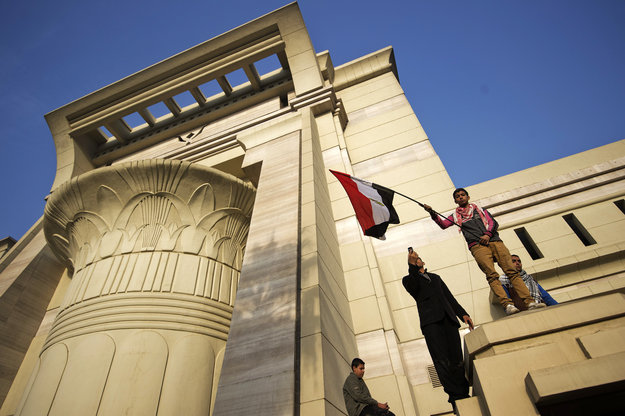CAIRO: Egypt will see declining cement exports in 2009 due to the global slowdown coupled with a government decision to ban cement exports for four months from April, Egypt s CI Capital Research said on Monday.
But the industry can weather the drop by capitalizing on a real estate backlog in the domestic market that will help demand for Egyptian cement continue to grow, albeit at a slower pace, the Cairo-based group added in a research note.
CI Capital said cement exports were expected to drop to 700,000 tons in 2009 from 1.3 million last year. Exports should recover slightly the following year and hit 2.3 million tons in 2011 and 3.9 million tons by 2013, the group said.
Cement exports will be hard hit. Despite the expected hold up in the local cement market, exports have declined since the onset of the crisis, the note said. We believe that exports will maintain their declining pattern over 2009.
Egypt decided in April to ban cement exports for four months to stabilize local prices, and asked its competition watchdog to investigate practices in the sector over the previous six months, the second such probe in the sector.
The formal ban extended a voluntary halt in exports by four cement firms declared in February, CI Capital said. A fifth had agreed to decrease the exports share of its sales to 10 percent from 20 previously. Egypt had also banned cement exports for six months in 2008.
The government had earlier announced a raft of measures to control the retail price of cement, including requirements that all producers fix a maximum price at every stage of the distribution process. Distributors were told to make weekly reports of cement stocks to the trade ministry.
An Egyptian court, following a 2007 investigation, fined 20 cement industry executives LE 10 million ($1.8 million) each for violations of the monopolies law and price fixing.
Demand to grow
Despite the decline in exports, the Egyptian cement industry would still be able to capitalize on a massive domestic real estate backlog and benefit from a government stimulus package and a focus on low income housing, the group said.
Lower prices for steel – which fell in Egypt by 53 percent between August 2008 and March 2009 – were also driving the demand for cement by triggering construction work, it added.
We believe demand for cement will grow with a yearly average of 9 percent in 2009 and 2010. Afterward, the expected pick-up in the economy will expand the inflow of new projects into the market, the group said in its note.
It added that new projects would ultimately boost cement consumption to an average yearly growth of around 12 percent over 2011 to 2013.
Cement prices, meanwhile, were expected to see slower growth of around 4 percent over 2009 and 2010 due to a slightly slower pace of cement consumption and competition from cheaper imported cement, the group said.
CI Capital said it was recommending a hold on Misr Beni Suef Cement, which posted an 85 percent rise in first quarter net profit on Sunday. It said its target price was LE 72 per share.
It said the firm would find it difficult to regain its export market even after an expected pick up in the global economy by 2010. Its shares were last traded down 1.1 percent at LE 68.00.
CI Capital also said it had a buy recommendation for Misr Cement Qena with a target price of LE 93, well above the LE 74.15 the share closed at. It recommended a hold for Sinai Cement, with a price target of LE 62.

